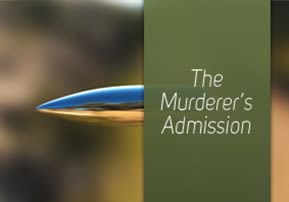
Shoftim: The Murderer’s Admission
The Talmud answers that the murderer must state clearly, 'I am a murderer.' His inner truth must be public knowledge. He may not hide from the heinous crime...

Translated by Rabbi Chanan Morrison
Parshat Shoftim
We all live a double life. There is our external world: our relationships with friends and family, our jobs, our place in society. And we have our inner world: our private thoughts and emotions, our introspections and contemplations. We are influenced by both spheres, and we need them both.
One of the positive aspects of the outside world is the sense of worth and respect that society bestows to the individual. The Sages placed great value on human dignity, even waiving rabbinical prohibitions when one's dignity is at stake (Berachot 19b).
Honoring Criminals
What about criminals? Do they also deserve respect and honor?
The Talmud (Makkot 12b) raises an interesting question regarding people who have killed unintentionally. Accidental manslaughters are penalized with exile to one of the designated cities of refuge. What if the people in the city of refuge wish to honor the murderer is some way, perhaps with a public position — may he accept? Or would doing so negate the very purpose of exile? After all, one of the principle aspects of this punishment is loss of recognition and place in society. To what extent must the murderer suffer public disgrace in order to atone for his criminal negligence?
Accepting Responsibility
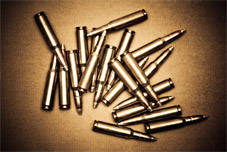 The Talmud answers that the murderer must state clearly, 'I am a murderer.' His inner truth must be public knowledge. He may not hide from the heinous crime he committed, albeit unintentionally. He cannot pretend as if the murder never took place.
The Talmud answers that the murderer must state clearly, 'I am a murderer.' His inner truth must be public knowledge. He may not hide from the heinous crime he committed, albeit unintentionally. He cannot pretend as if the murder never took place.
The Sages derived the need for the criminal to openly admit his crime from the verse, "This is the word of the murderer" (Deut. 19:4). His response to the offers of society must be as one who has committed manslaughter.
The murderer must not let social honors distract him from the private soul-searching which he must undertake. He needs to attend to his inner world of emotions and introspection, and avoid being caught up in the rush of public life. He should reject social honors by announcing, 'I am a murderer.'
If the people choose to accept him despite his past, then he is permitted to accept the honor. Respect from the community is a positive value that should not be denied, even to criminals. This respect should not be allowed to cover up the terrible truth of manslaughter. It should not negate or desensitize the murderer's inner sense of justice. But if he demonstrates responsibility for his actions, and his moral sensibilities are strong and healthy, then the external influence of social acceptance and respect will be a positive factor in his ultimate rehabilitation.
(Gold from the Land of Israel, pp. 322-323. Adapted from Ein Eyahvol. II, p. 404)
* * *
Rabbi Chanan Morrison of Mitzpeh Yericho runs http://ravkookTorah.org, a website dedicated to presenting the Torah commentary of Rabbi Avraham Yitzchak HaCohen Kook, first Chief Rabbi of Eretz Yisrael, to the English-speaking community. He is also the author of Gold from the Land of Israel (Urim Publications, 2006).



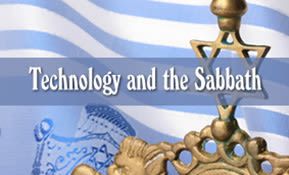
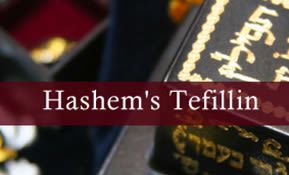
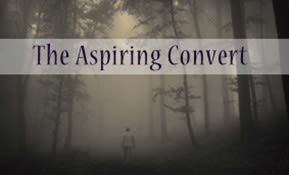
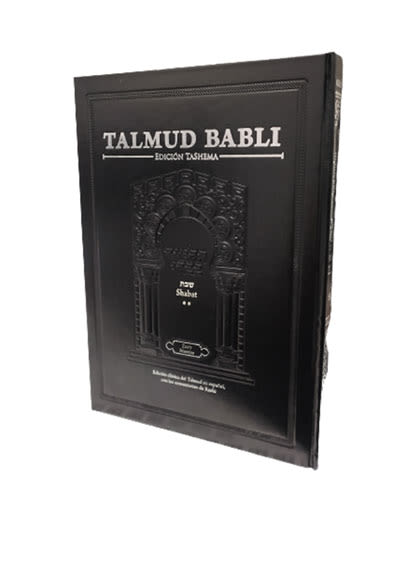
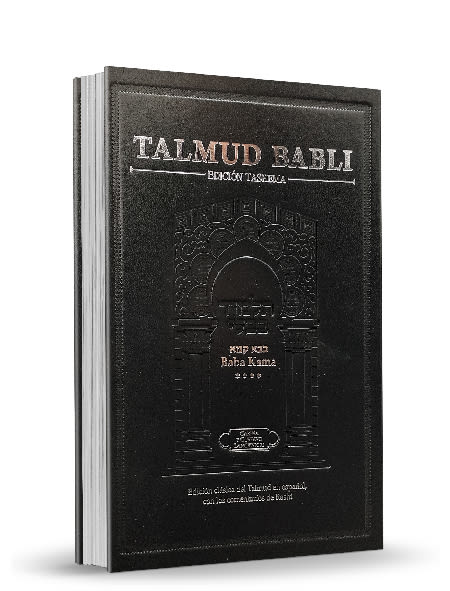
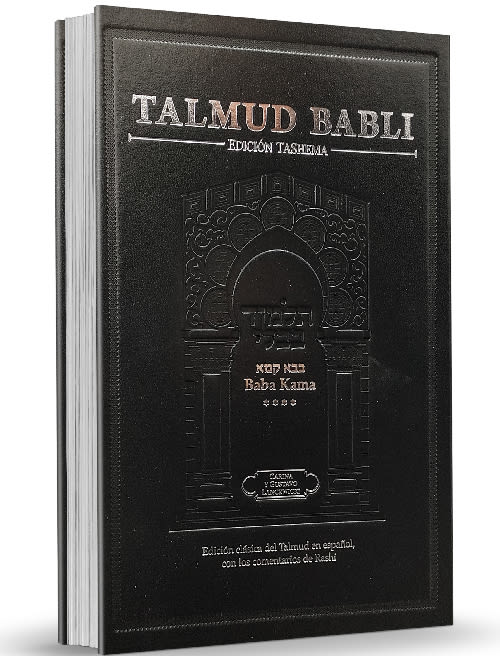
Tell us what you think!
Thank you for your comment!
It will be published after approval by the Editor.